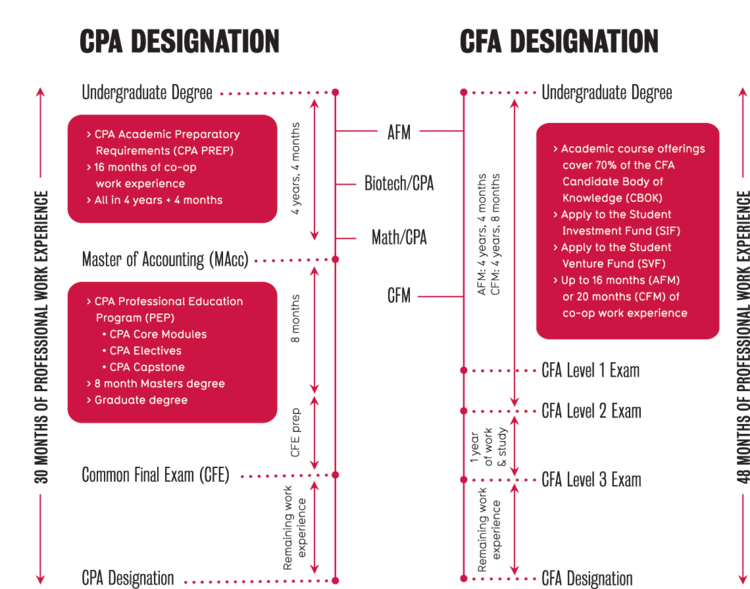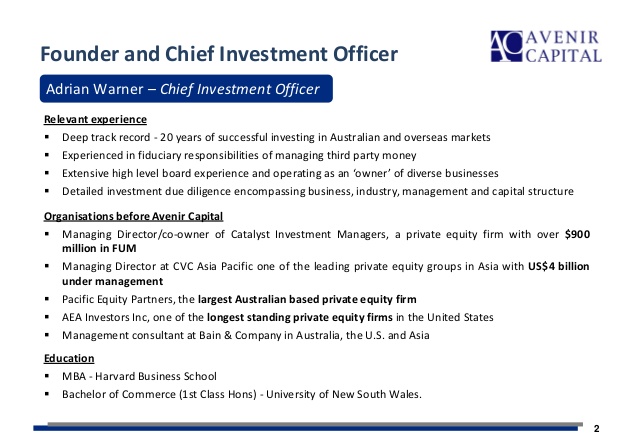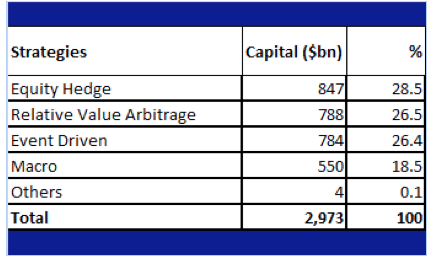Capitalism and Socialism Introduction to Sociology
Contents:


Communism takes this a step further and revolutionizes both aspects of production and consumption. In that respect, communism can be viewed as a more extreme version of socialism. Another major difference between socialism and communism was that socialism generally advocated a more gradual, even voluntary transfer of power from the wealthy to the working class. Among its leading proponents on both sides of the Atlantic Ocean was Robert Owen, himself a prosperous, Welsh-born owner of textile mills. Capitalism is an economic system in which private individuals own and control the trade and industries of the economy in order to profit.

This restricted economic growth until the power of the wealthy plantation owners was challenged . Society benefits from improved educational systems, and more broadly shared prosperity will ideally allow people more time for learning and leisure. As with capitalism, the basic ideas behind socialism go far back in history. Plato, in ancient Greece, suggested a republic in which people shared their material goods. Early Christian communities believed in common ownership, as did the systems of monasteries set up by various religious orders. Many of the leaders of the French Revolution called for the abolition of all private property, not just the estates of the aristocracy they had overthrown.
In a few others, individual ownership of enterprise and property is allowed, but with high taxes and government control. Socialism can be interpreted in different ways; however it generally refers to an economic or political theory that advocates for shared or governmental ownership and administration of production and distribution of goods. Often held up in counterpoint to capitalism, which encourages private ownership and production, socialism is not typically an all-or-nothing plan.
Related Differences
While private businesses have a high degree of autonomy in the U.S., they are required to register with government agencies. When the Great Depression had a global impact in the 1930s, socialist practices first entered into the capitalist economies of the world. By the end of World War II, governments began regulating these open, capitalist markets. Today, most capitalist economies incorporate some form of socialist practice. Sweden’s democratic government provides free health care, education, and lifetime retirement income.
Is Capitalism Built on Greed? Current Affairs – Current Affairs
Is Capitalism Built on Greed? Current Affairs.
Posted: Mon, 20 Jun 2022 07:00:00 GMT [source]
Decisions over the use of resources are made by the individual or individuals who own the companies. The relationship between capitalism and fascism is a little more complicated. Historically, fascism has sought to do away with capitalism because of its emphasis on autonomy and limited state control. However, fascism supports private ownership, wealth accumulation among private individuals, and a market economy.
The Socialism vs. Capitalism Debate
Socialism is a political and economic concept that focuses on one thing, i.e., communism. Socialism lays emphasis on the fact that the profit earned and the wealth made must be distributed equally among the workers. The profits made belong to the workers who make the products, rather than the owners of the trade and business.

Green socialism often offers a guaranteed minimum livable income to all citizens regardless of their employment status. Communism and socialism are political and economic systems that are related but often confused with each other. Both of them reject capitalism in favor of greater equality and granting economic power to the working class.
Socialism Definition
Extreme competition exists in the market between firms which uses tools like advertisement and discounts to call customer attention. Consumer sovereignty exists in the economy i.e. producers produce those goods only that are wanted by the customers. The gap between haves and have-nots are wider due to unequal distribution of income. There is a freedom of enterprise, i.e. every individual is free to engage in the economic activity of his choice.
The first mass party in Latin America, the Socialist Party of Argentina, was established in the 1890s, and in 1902, the British Labour Party won its first seats in Parliament. These elections of socialist politicians ushered in a new era of political legitimacy for the socialist movement. The word “socialism” comes from the Latin sociare, which means to combine or to share. French philosopher and revolutionary Henri de Saint-Simon coined the term in his writings about the abuses of the capitalist system and the Industrial Revolution. 2000s – Corporate profits set record highs nearly every year, while real wages stagnate or decline from 1980 levels .
Karl Marx and the Origins of Communism
There is an equal distribution of income to bridge the gap between rich and poor. The profit motive is the key component; that encourages people to work hard and earn wealth. Full BioMichael Boyle is an experienced financial professional with more than 10 years working with financial planning, derivatives, equities, fixed income, project management, and analytics. Robert Longley is a U.S. government and history expert with over 30 years of experience in municipal government and urban planning. Eugene V. Debs, who was the socialist candidate for president in five elections , earned close to 1 million votes on his final try. Testbook provides a set of comprehensive notes for different competitive exams.
In the purest form of a capitalistic system (sometimes referred to as laissez-faire capitalism), private individuals are unrestrained, and the economy operates without any government checks or controls. Private individuals and businesses may determine where to invest, what to manufacture and sell, and the prices of goods and services. Despite its modern status as the world’s predominant economic system, capitalism has been criticized for several reasons throughout history.
Socialism arose as a response to the struggles of the working class amidst the extreme social and economic changes caused by the Industrial Revolution in Europe and later in the United States. As many workers grew increasingly poor, factory owners and other industrialists accrued massive wealth. One key difference between socialism and communism is the way in which each of these economic philosophies might be realized in a society.
In this type of formal economy, the factors of production are owned by individuals, who determine how these factors will operate and exchange, and how profit will be gained from them. The owners compete for profit by producing their goods or services at the lowest possible cost while selling them for the highest possible price. Capitalism is defined as an economic system wherein the trade of the country and other industry-related decisions are taken by the owners. One of the significant examples of capitalism includes Singapore, which is a capitalist economy.
To make sure all members of society get their fair share, governments must be able to control property, production, and distribution. Capitalism is an economic system where the means of production are owned by private individuals. “Means of production” refers to resources including money and other forms of capital. Under a capitalist economy, the economy is substantially run by individuals who own and operate private companies.
Furthermore, a division exists between the owners and those who lack competitive skills and cannot work . Capitalism benefits various groups of people, specifically those who own the factors of production, competitive skills, and consume or purchase goods and services. By producing goods and services efficiently, they can maximize their profits amassing great wealth. Although those who work for the owners do not profit as the owners do since they are paid a wage in exchange for their skills and work. This specifically compares to feudalism in which workers struggle for protection and access to land rather than wages.
Communism is a socioeconomic system in which the community controls the nation’s a trade and industry and each person’s part is determined by his or her needs and skills. Communism, capitalism, and socialism are a form of social organization, that focuses on property ownership and are related to trade and industry in the economy. The Difference Between Capitalism, Socialism, and Communism depends on their philosophies, policies, and actions. Without the involvement of the State, capitalism supports a free market and a healthy economy as a whole.
Communism would result from a violent overthrow of the status quo, while socialism would result from a gradual internal change. Today, only five countries—China, Cuba, North Korea, Laos, and Vietnam—have communist governments, although they may call themselves socialist or have socialist economies. To address the problem, they prescribed a system in which the workers themselves “take the control of industry and of all branches of production,” along with the abolition of private property and “the communal ownership of goods.” Contemporary communism is an offshoot of socialism and is sometimes called revolutionary socialism for advocating the takeover of governmental powers by the working class through revolution rather than incremental reform.
Millennials Are Doing Just Fine – The Atlantic
Millennials Are Doing Just Fine.
Posted: Mon, 17 Apr 2023 07:00:00 GMT [source]
Some examples of socialist countries include the Soviet Union, Cuba, Vietnam, the Republic of Mozambique, etc. Now, you must be wondering as to what are the differences between capitalism and socialism. Socialism describes a variety of economic systems under which the means of production are owned equally by everyone in society. In some socialist economies, the democratically elected government owns and controls major businesses and industries. In other socialist economies, production is controlled by worker cooperatives.
Socialists who embrace Lenin’s methods today are most often referred to as communists. 1960s s – Nordic countries, such as Norway, Denmark, Sweden, and Finland, increasingly blend socialism and capitalism to develop higher standards of living, with particular progress in education, health care, and employment. Socialism is often criticized for tenets that are not socialist, but rather communist or a hybrid of the two economic systems. Critics point out that the “most socialist” regimes have failed to deliver adequate results in terms of economic prosperity and growth. Examples cited range from the former U.S.S.R. to current regimes in China, North Korea, and Cuba, most of which were or are more on the communist end of the spectrum. Both communism and socialism refer to left-wing schools of economic thought that oppose capitalism.
Latest Education News
On the contrary, socialism and capitalism difference, which is evolved from 1800 AD and its place of origin is France. Marxism is a set of social, political, and economic theories developed by Karl Marx that formed the basis of socialist principles. The economies of Cuba, China, Vietnam, Russia, and North Korea incorporate characteristics of both socialism and communism. Capitalism is most often criticized for its tendency to allow income inequality and stratification of socio-economic classes. Socialism is most often criticized for its provision of social services programs requiring high taxes that may decelerate economic growth. I am trying to recall an old saying that used a cow and her milk to show how each was distributed via 5 various “isms”.
In a pure socialist economic system, everyone works for wealth, and there is an equal distribution of wealth among everyone. Moreover, the underlying premise of a socialist economic system is that “what is good for one is good for all”. In other words, it highlights the fact that everyone in society should have a right to decide on how resources should be used and consumed.
‘Shawshank Redemption’ Star Unloads on Media for Hiding … – Foundation for Economic Education
‘Shawshank Redemption’ Star Unloads on Media for Hiding ….
Posted: Tue, 02 May 2023 07:00:00 GMT [source]
The Sherman Antitrust Act passes, with the aim of encouraging competition against large and powerful corporations. Adam Smith publishes The Wealth of Nations, establishing an economic point of view on history, sustainability, and progress. Central Planning Authority exists for setting the socioeconomic objectives in the economy. Moreover, the decisions belonging to the objectives are also taken by the authority only.
Consumers will likely purchase the product with the highest quality at the lowest or most reasonable price. It motivates the owners to innovate and produce efficiently, leading to overall economic growth. Additionally, little to no government regulation allows the owners to act without limitation while working to produce efficiently. In a theoretical socialist economy, there is a more limited free market than in an archetypal capitalist economy, and thus the taxes are usually higher than in a capitalist system. There are government-run healthcare and educational systems for taxpayers. Socialist systems emphasize more equal distribution of wealth among the people.
- Classless society, Common ownership of all resources, and private property are 3 characteristics of communism.
- Let’s discuss the differences between Capitalism, Socialism, and Communism in detail.
- On the other hand, capitalists believe that the government does not use economic resources as efficiently as private enterprises do, and therefore society is better off with the free market determining economic winners and losers.
In comparison, a free market economy is ruled by the laws of supply and demand with some government regulation. When the government is involved, crony capitalism can follow by, in which the people who own the factors of production influence government officials and their economic policy decisions. A mixed market economy refers to an economic system that exhibits qualities of both capitalist and socialist systems.
